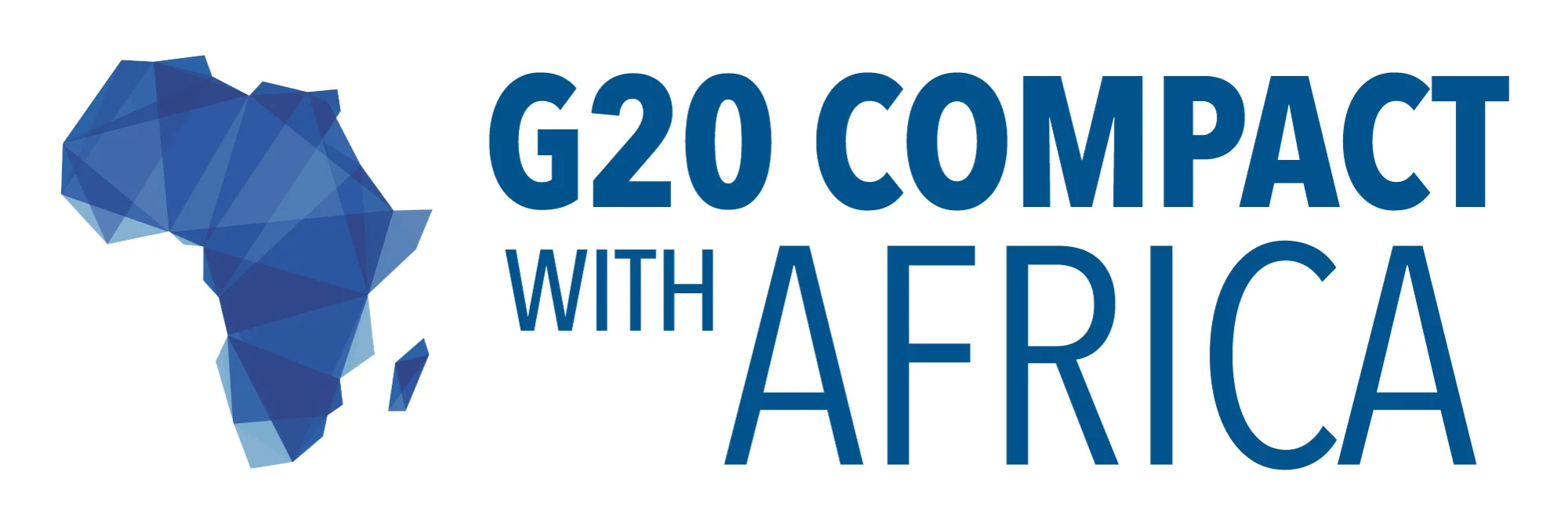In a significant demonstration of renewed interest in Africa, leaders from across the globe, including European Commission President Ursula von der Leyen, French President Emmanuel Macron, and Dutch Prime Minister Mark Rutte, are converging on Germany for the G20 Compact with Africa conference. This high-profile summit, hosted by German Chancellor Olaf Scholz, aims to bolster private investment in the continent, marking a pivotal moment in the quest for geopolitical influence, critical minerals, and economic opportunities in the world’s second most populous continent.
Read More: Lithium Mining Boom in Africa Raises Alarms Over Environmental Impact
Chancellor Scholz, who assumed office in 2021, has been actively engaged with African nations, making several visits to the continent. As a prelude to the G20 summit, he is set to hold bilateral talks with several African countries on Sunday, followed by the hosting of a German-African investment summit in Berlin on Monday morning.
The strategic interest in Africa is multifaceted. Europe and the United States find themselves in competition with Russia and China, each vying for a stake in Africa’s potential for renewable energy production, particularly in the realm of green hydrogen. This energy source holds promise not only for the African continent but also for Europe’s transition to a carbon-neutral economy.
Moreover, the stability and prosperity of Africa are recognized as integral to reducing illegal migration—a concern that resonates globally. The Compact with Africa initiative, established in 2017 under the German G20 presidency, seeks to foster collaboration among reform-minded African countries, international organizations, and bilateral partners. The goal is to coordinate development agendas and explore investment opportunities that benefit all stakeholders.
Read More: Joseph Boakai Emerges Victorious in Liberian Presidential Election
The official event, set to take place on Monday afternoon at the German Chancellery, will be preceded by a news conference featuring leaders of the African Union. Notably, the African Union secured permanent membership in the G20 group of the world’s most powerful countries in September, further emphasizing the continent’s growing global influence.
Unlike some international forums, the G20 Compact with Africa emphasizes tangible outcomes over symbolic declarations. A German government official stated, “We will not make a common declaration, we do not want to force our African partners into a tight corset. Instead, we want concrete results.”
From the German perspective, Africa is positioned to play a pivotal role in diversifying supply chains, securing skilled labor, and aiding in the nation’s green transition. German trade with Africa reached 60 billion euros ($65.4 billion) last year, marking a notable increase of 21.7% from 2021. This surge in trade reflects the growing interest among German companies, with nearly two-thirds expressing a desire to expand their business in Africa, according to a study by KPMG and the German-African Business Association.
Read More: Joseph Boakai Emerges Victorious in Liberian Presidential Election
While African countries have long voiced concerns about the disparity between European rhetoric and Chinese financial investments, the landscape is evolving. Chinese lending in Africa is reportedly in decline, while European interest is on the rise, indicating a shift in dynamics. As the G20 Compact continues to evolve, it holds the potential to not only shape economic trajectories but also redefine international collaborations for a more interconnected and prosperous future.
